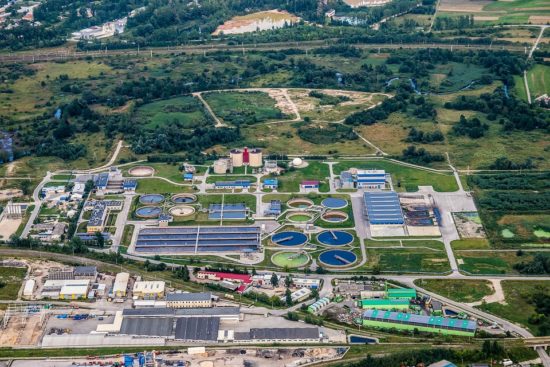AMR environmental risk assessment
Research overview:
Antimicrobial resistance (AMR) has far-reaching societal and economic implications for human and animal health, food security and environmental protection. Unless antimicrobial stewardship and the antibiotic development pipeline improves, it has been predicted that by 2050 AMR will be the leading cause of death worldwide, resulting 10 million deaths annually and placing a huge burden on healthcare and food security.
Key objectives:
This research will tackle the AMR threat using the One Health approach. Currently, there are extremely few data pertaining to the selective hazard posed by antibiotics in the environment, and no standardised test to generate this data is available.
Cutting edge technologies which detect AMR genes in whole bacterial communities and accurately quantify numbers of these genes will be used to generate ‘big data’ to improve fundamental, scientific understanding of selection for AMR. This will be used to develop and validate an assay with the potential to become an OECD recognised ecotoxicological test, which assesses the hazard posed by antimicrobials in their potential to select for AMR – the first test of its kind.
Impact:
Significant collaborators include Defra, AstraZeneca and the waste water company Severn Trent.
- Defra will advise on policy making processes to ensure the research is impactful on a national scale.
- AstraZeneca will offer expertise in ecotoxicological testing, current legislation and regulation practices; and inform the research to maximise impact.
- Severn Trent will use this data to inform their own innovative AMR research programme, provide waste water samples for experiments and facilitate direct engagement with the waste water industry.
AMR NEWS
Every two weeks in your inbox
Because there should be one newsletter that brings together all One Health news related to antimicrobial resistance: AMR NEWS!





